Every four years, the presidential election provides students with the opportunity to engage in meaningful discussions about their nation’s future and explore their own political stances. Whether they lean left, right, or anywhere in between, their beliefs often intersect with external factors, including — but not limited to — identity, family, and community.
In and out of the classroom, students like junior Syum Mehra find their political views welcomed and encouraged, as long as they are well-versed in the topics they discuss.
“[My teachers] have always valued my opinions, [and] my parents have always asked me how I feel about certain political topics. At least in my experience, my opinion has always been valued to a decent amount,” Mehra said. “But you won’t be taken as seriously if you don’t have that knowledge and evidence and substance behind what you are saying.”
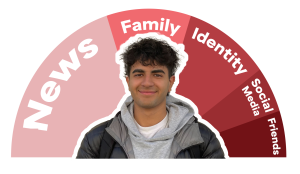
Mehra said he started developing his own political opinions over the summer, after noticing a surge of misinformation about the 2024 presidential campaigns circulating on social media platforms. Scrolling through his feed, Mehra realized that “for you” pages are often biased because they spread content that tailors to the viewer’s current political beliefs.
“On TikTok and Instagram, I saw a lot of political information being spread around but most of the time, it was hard to trust these sources because I didn’t know if they were always right,” Mehra said. “You have to verify by doing self-learning and outside research, which I did by watching videos and reading articles. From that, I started to form my own opinions.”
Although originally a Democrat, Mehra supported Republican candidate Donald Trump because he aligned with Trump’s economic policies. Mehra said that his identity may shape his opinions differently than if he had other lived experiences.
“I’m not a woman either, which is one of the big things that people like to bring up about Trump,” Mehra said. “So I empathize a lot with them, but I will never be able to really put myself in their situation and I do think that if I was in their situation, I might not have the same stance.”
Senior Bernie Panlilio also feels that her identity influences her political opinions.
“I’m a first-generation student and birthright citizen of the United States, so the fact that my parents are immigrants to begin with heavily influences my beliefs to support the Democratic Party and not Trump or the Republican party,” Panlilio said. “As a woman too, seeing the fear that other women have following this election is really disheartening and makes me aware of my identity and how that will be affected by this election.”
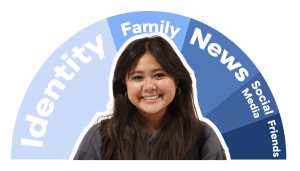
In addition to identity, family can be a critical force in determining one’s position on the political spectrum. According to a 2019 survey conducted by the Pew Research Center, 81% of parents who were or leaned Republican had teens who also identified as Republicans. Comparably, 89% of parents who were Democrats or leaned toward the Democratic party had teens who described themselves the same way.
However, children can also stray away from their parents’ political beliefs, as was the case with one Burlingame student, who wished to remain anonymous for privacy purposes. While her parents are conservative and align with the Republican party, she is a Democrat who supported Vice President Kamala Harris in the recent election. The student said that even if political differences occasionally lead to tension, they often spark meaningful discussions.
“Sometimes the dinner table is a battle zone, but not enough to affect our relationship because there’s still so much love in my family, and political affiliation will not get in the way,” the student said. “Once, my father and I argued about pro-choice and he was able to see my point and change his opinion, and the same goes for me for topics that he supports.”
In contrast, junior Sofia Monteverdi said that politics rarely comes up in conversations with her family or friends. Without feeling well-informed, Monteverdi said she has chosen not to align with any political party or candidate.
“I myself am very impartial because I just feel like I don’t know enough,” Monteverdi said. “… if you’re informed, then you should definitely voice your views, but you just need to know what you’re advocating for.”
Whether actively engaged in politics or not, government teacher Alexandra Gray encourages all students to participate in political discussions in the classroom. During senior year, students are required to enroll in a one-semester American Government course, where they learn about the structure of their government and current political events. Gray organizes a “bellringer” activity each block day so her classes can watch videos and discuss news from sources like The New York Times and The Wall Street Journal.
“Some students come into my [government] class already watching the news and talking about it all the time with their parents and friends. Others come in not really having thought about [politics] much at all,” Gray said. “I welcome it all, I think it’s great. The whole point of government class is to make sure that we are all able to start talking about politics at some point.”
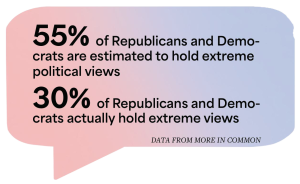
According to a 2019 study published by More in Common, polarization in America is largely fueled by the false beliefs people have about their political opponents. They asked 2,100 Americans to weigh in on issues and predict what the other party would say. The study’s participants believed that 55% of Republicans and Democrats hold extreme views when, in reality, only 30% do. At Burlingame, the anonymous student said that some may feel reluctant to speak up about their political views, considering that California has been a Democratic stronghold for over 30 years.
“There are definitely many students at Burlingame with different political ideas, but I feel like people with more controversial ideas just end up not speaking about it,” the student said. “A big part of that is cancel culture in the media because you don’t want to say the wrong thing — not that there is one — out of fear of how people would react. Most people just want to fit in in high school.”
For that reason, the student said she has come to value the diverse political affiliations in her household because she was able to develop a more well-rounded perspective and understand that one’s political views should not interfere with a relationship.
“Right now, we are so polarized in our society so I sometimes think about me disagreeing with my parents’ political affiliation as a gift because it’s allowed me to see other sides of the story,” the student said. “I love them so much, despite how many fundamental ideas we disagree upon. That shows you can coexist with disagreeing and respect the other person without having any hatred.”
Senior Aron Martin also welcomes political discussion in his relationships. Disagreement is bound to happen, but when that’s the case, he hopes students will choose respect and interest over reproach.
“Politics is how we live in society. That’s how we make rules. So I think you can’t keep [politics and your relationships] separate because that’s one of the most fundamental aspects of how we live,” Martin said. “But I think there’s a healthy way to do it in debating and discussing, rather than demonizing.”




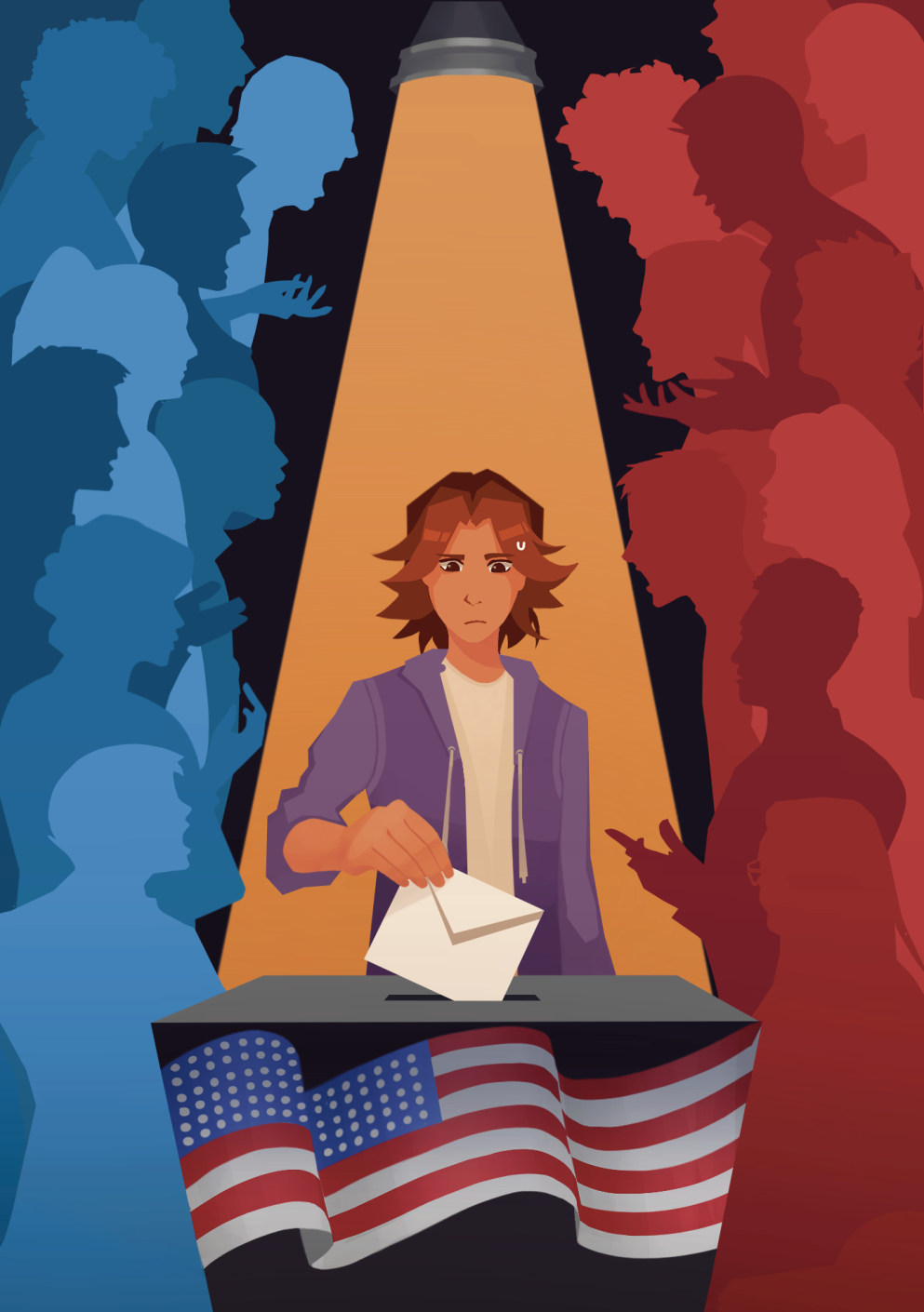


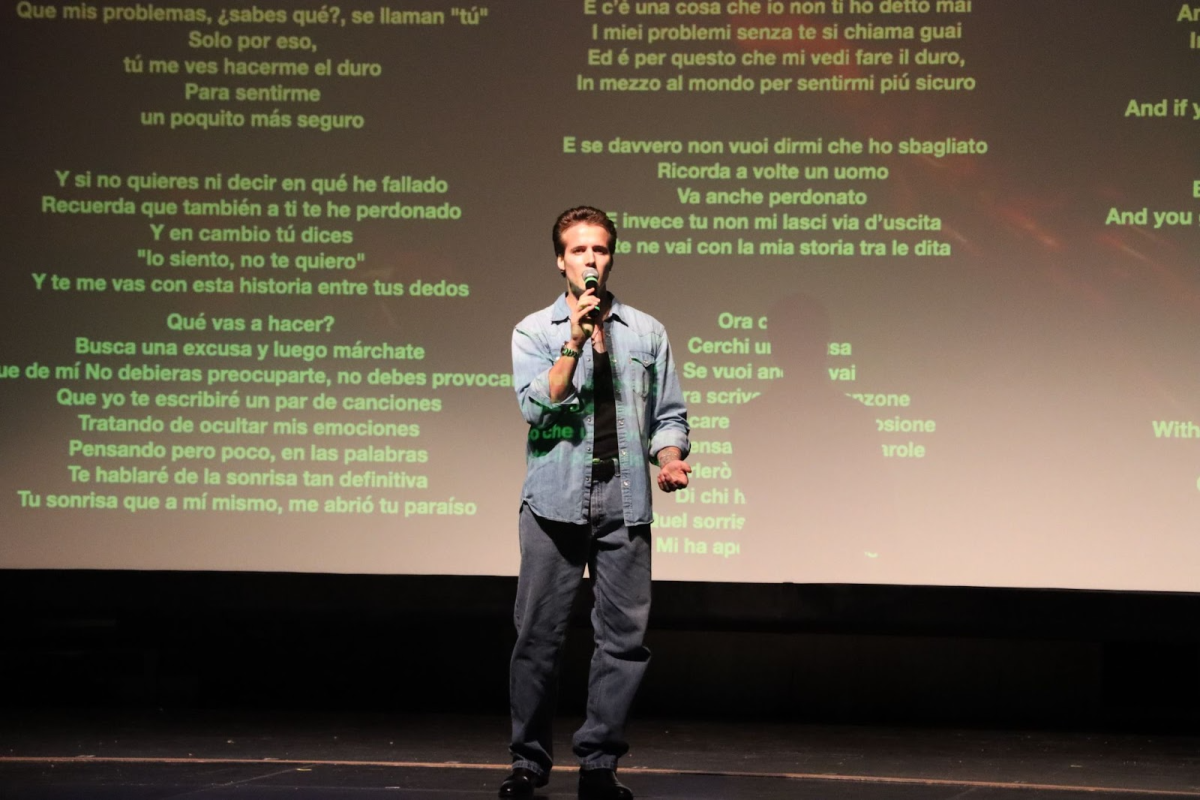
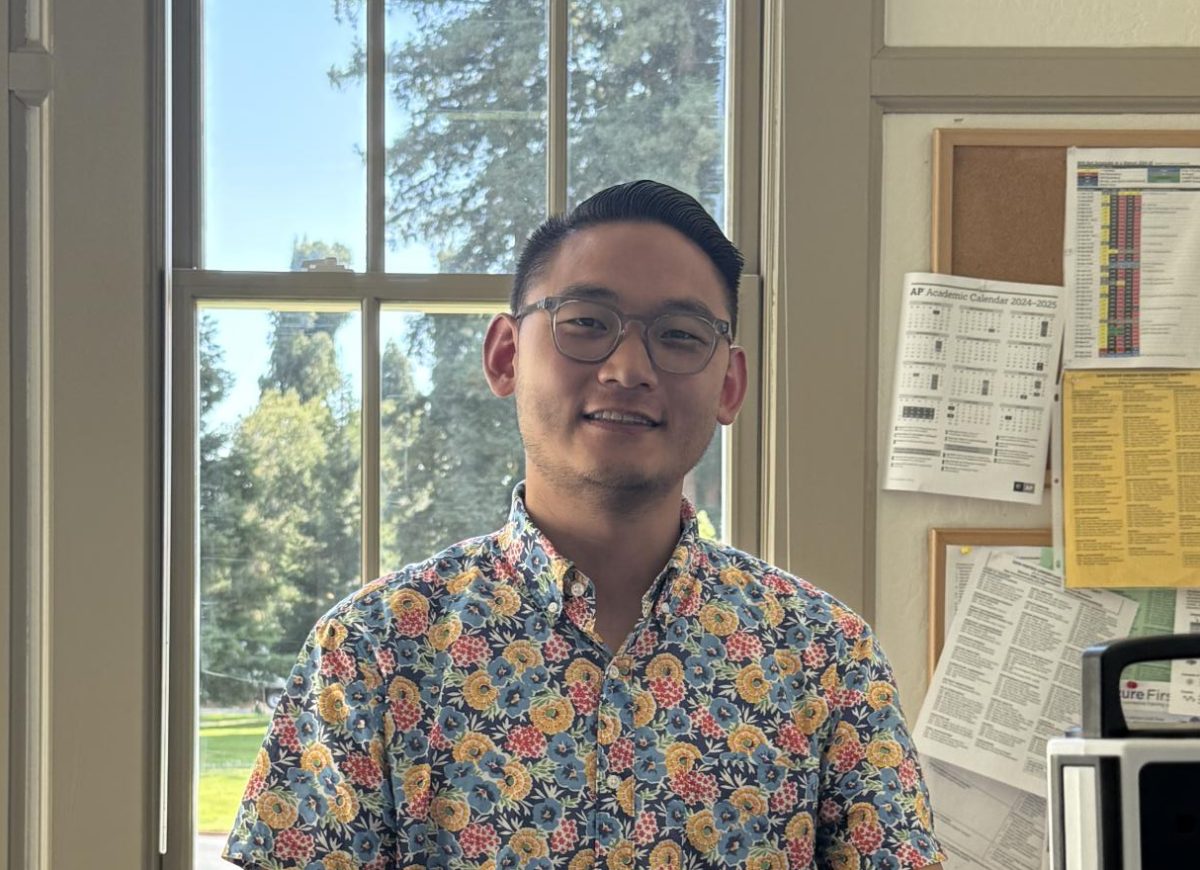

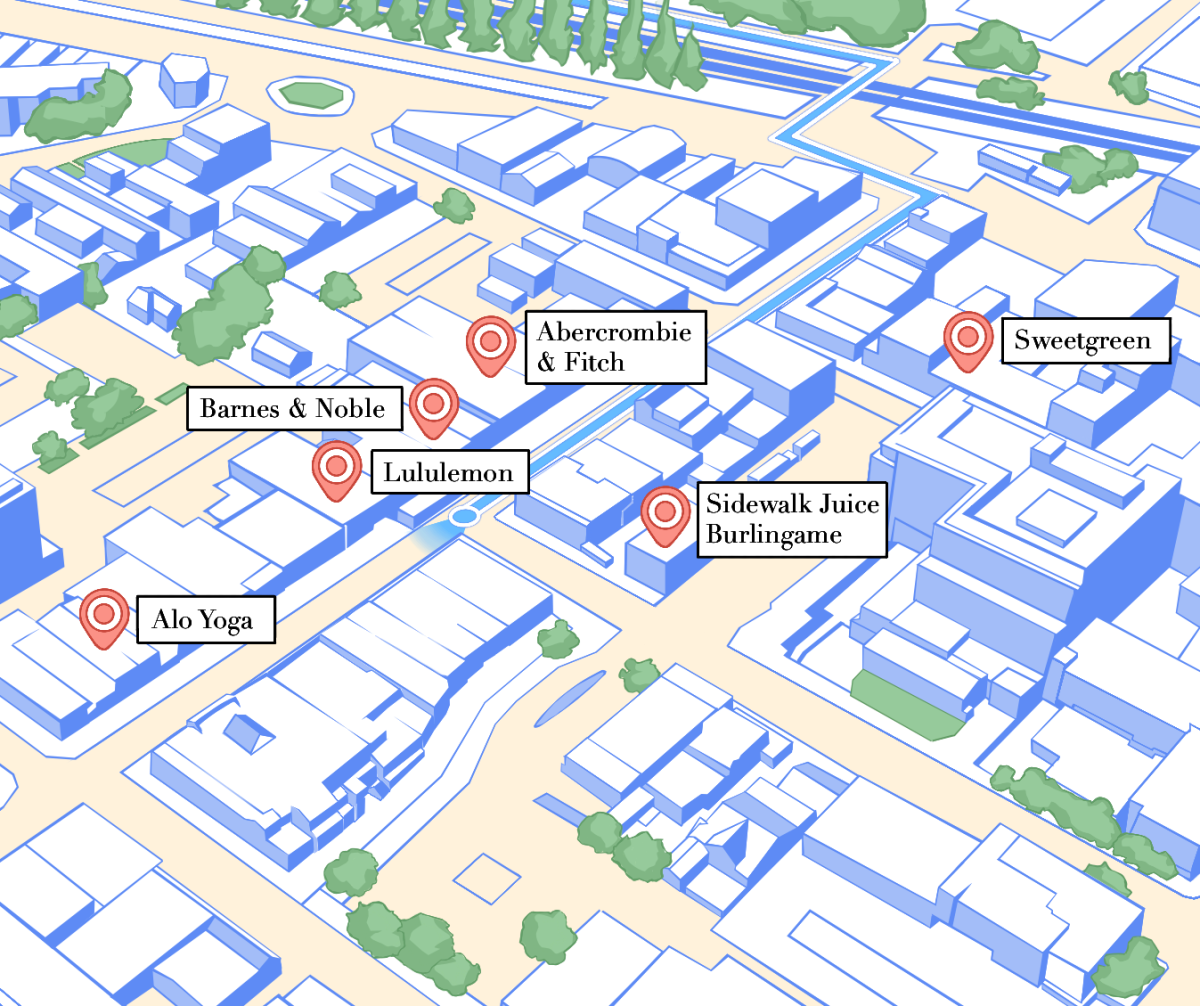

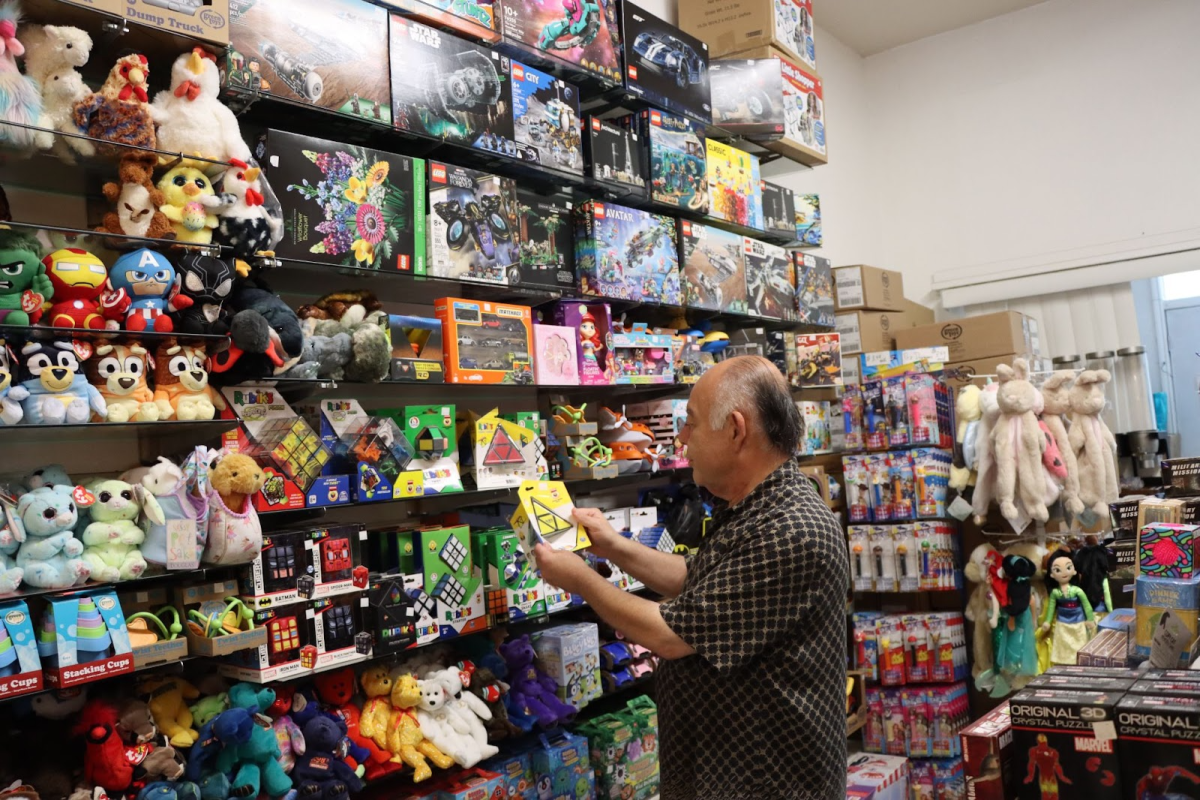
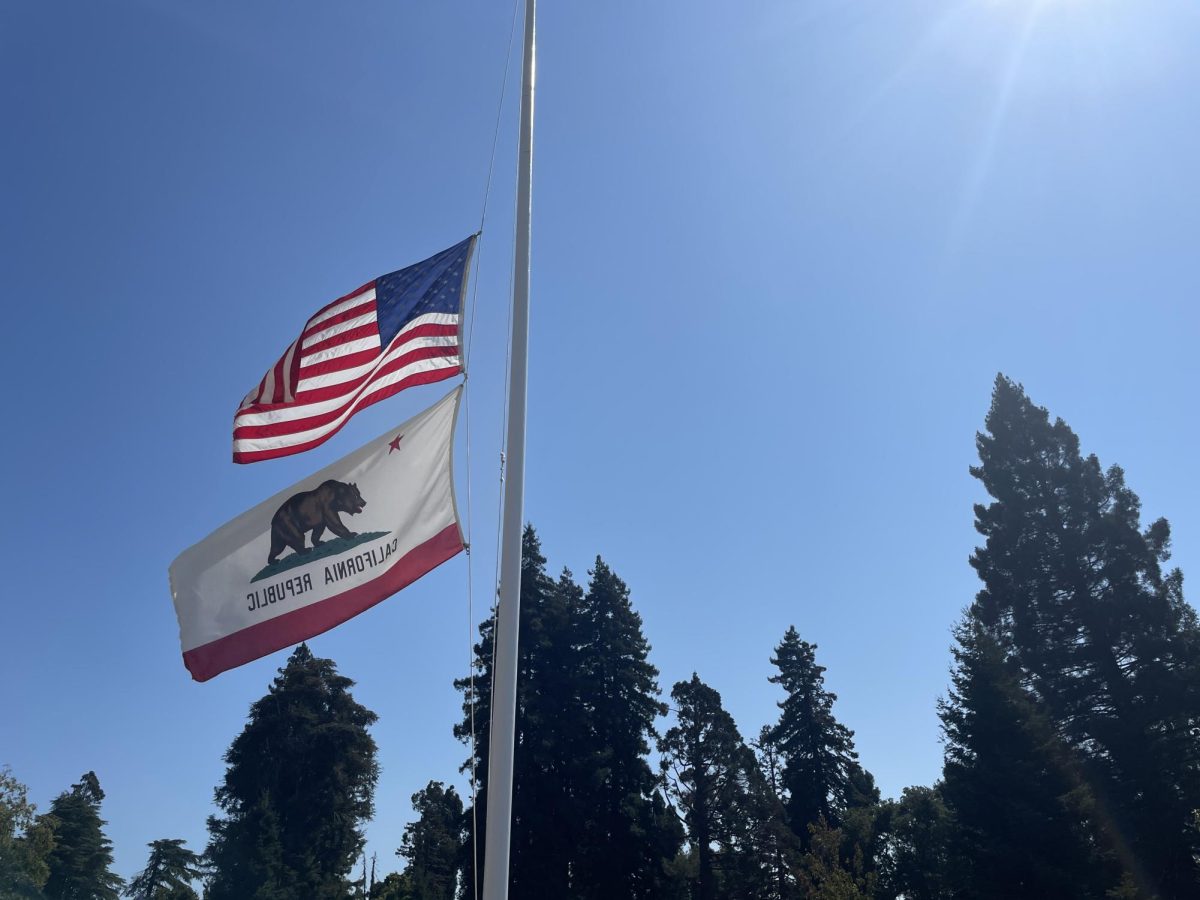
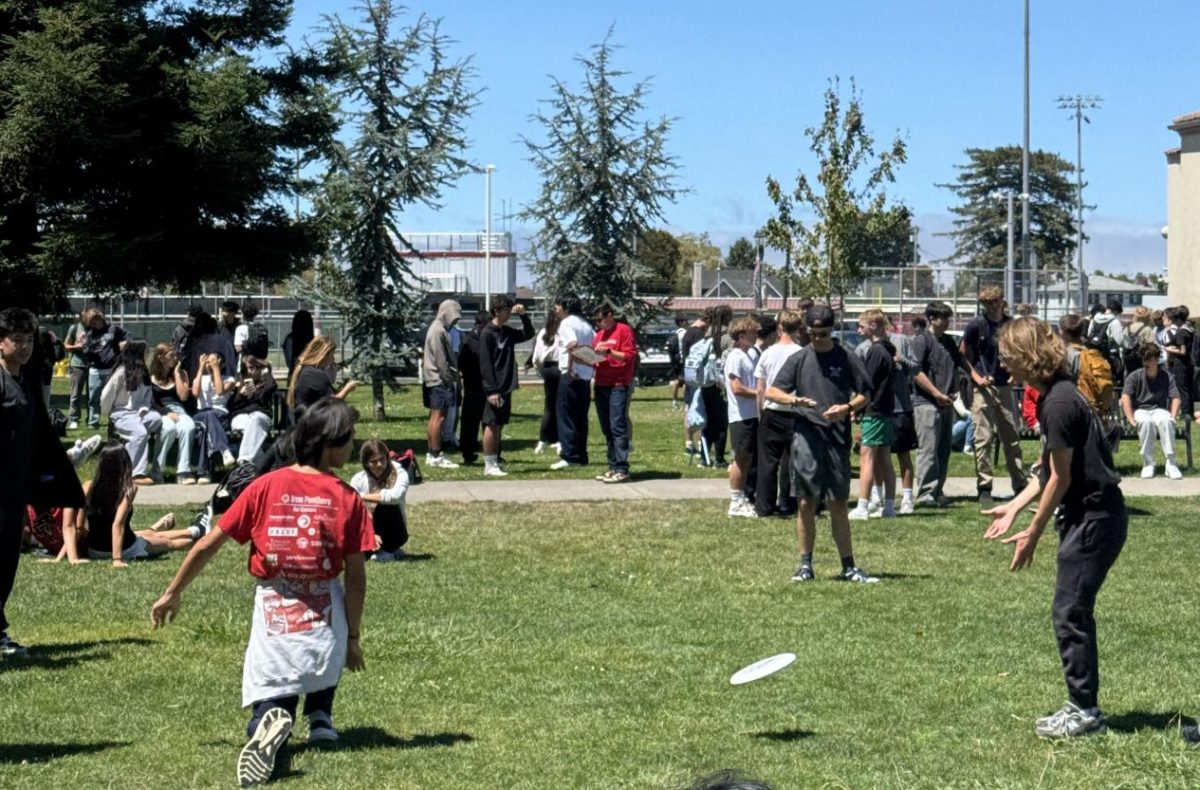
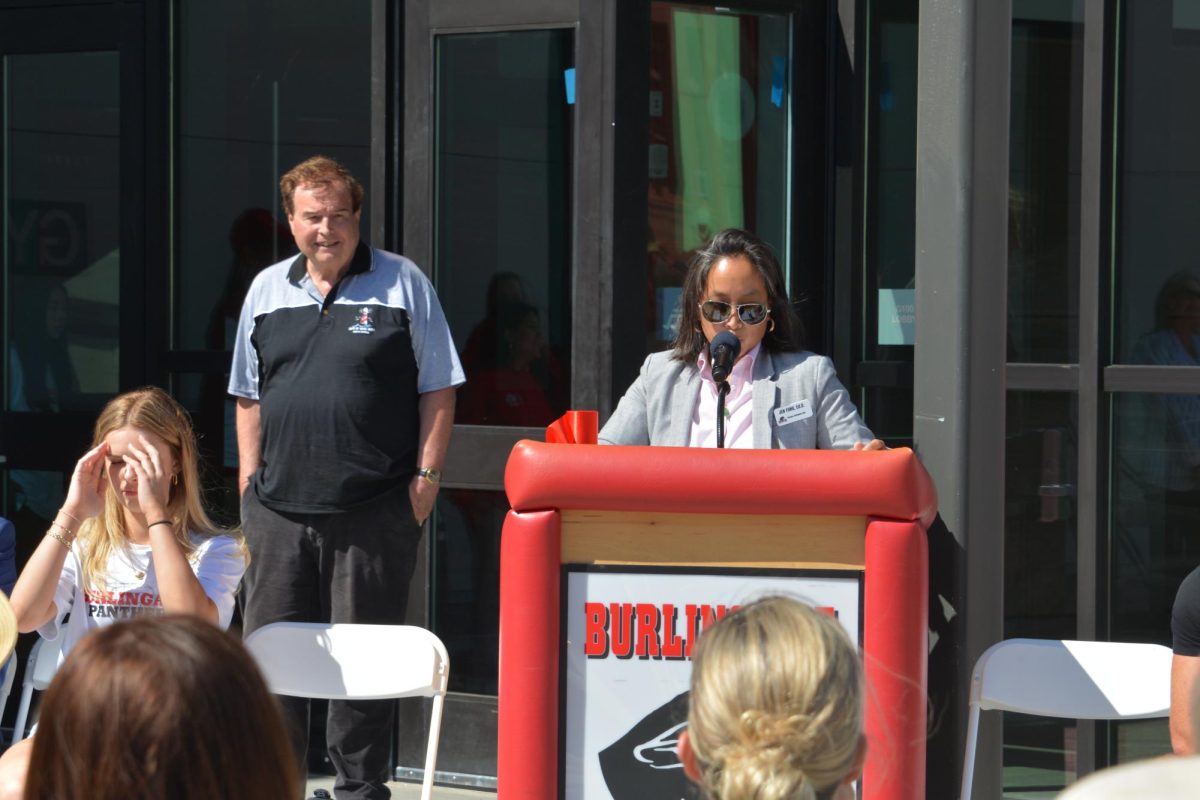

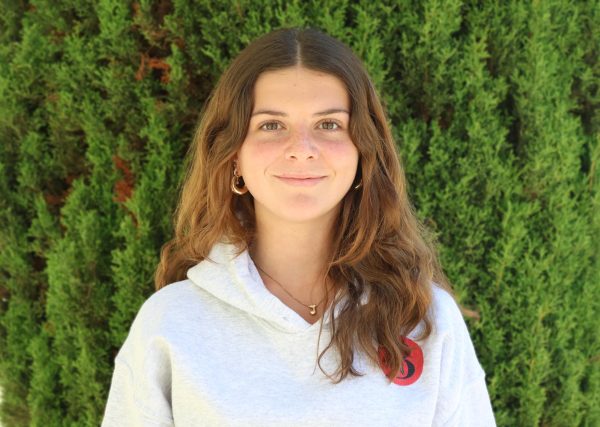
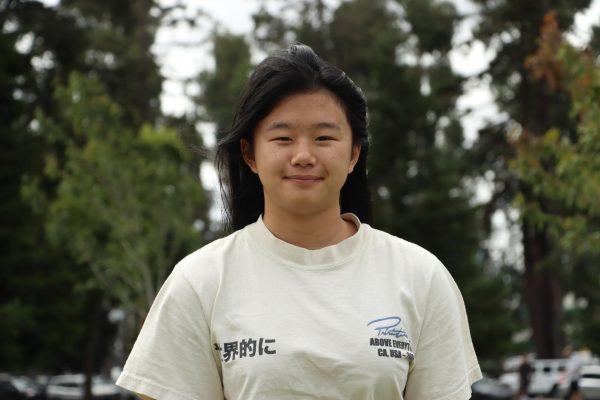
Charlibby • Jan 22, 2025 at 10:48 am
I can’t afford to be nice at this point except for me it’s not really demonizing, so much as holding people accountable for what they contribute to. If you vote against my identity because you think it will help your well-off -either- way family get a tax break, then we are not the same type of people and you don’t value my humanity.
Trump is now a convicted sexual abuser(you don’t need to be a woman to have integrity and say no to men who admit they sexually assault women in their spare time before they even went to court), a felon(how dare people stand by his hateful stance on peaceful protesters being being harmed by cops and vigilantes, his expansion of private prisons via quotas for slave labor, but then let him be a felon and their president))
. The man is a danger to queer people(he has said intersex people don’t exist now by his two sex declaration, erased Natives’ two spirit existence, invalidated anyone else outside western gender binary and is after diversity, equity, and inclusion per his own words and declaration of how sex works that is anti science from what we know about chromosomes and intersex people alone
Endanger Black lives(now as we all know he pardoned insurrectionists including murderers, among of which was a Proud Boy who hates me while endorsing “political violence”), and trans kids will be at much higher risks for developing suicidal thoughts and ideation now that he’s attacking their health programs. Anyone who voted for him allowed him to feel above pediatric medicine guidelines, pull us out of Who, and say expressly he wants more drilling-to destabilize Canada and Greenland for access to their resources and yet last time he authorized speaking up a oil pipeline it bursts as the Sioux whose land it was on(violating treaty), predicated, and endangered them as well as nearby Black and Asian communities. I mean he’s been proven to be the reason attacks on marginalized people have gone up so I’m sure that the Indian Asian less in danger than the rest of us feels safe because it’s East Asians who take the repercussions of “China virus” and Black people like me who get associated with “sh*thole” nation ancestry and thugs thanks to his vote- certainly perpetuated it(do recall Trump also wanted the innocent Central Park five put to death and mistreated his Black remnants while claiming he did more for my community because he…what?-“loves” us and considers “Hispanics” different from Mexican immigrants and wants us to feel like we lose our jobs to the people he tries to “protect” us from-
More like he Incentivized more arrests in our communities that get us taken to courts where our skin is continuing to be proven to be an indicator of our worse outcomes. That’s before we discuss how cams show cops trying to cause provocations by demanding random subservience, and take our lives more when we’re less of an immediate threat than the white citizens they engage with violently on average-in fact they are proven to ignore more obvious threatening behavior from white people and we know we can’t do much as run nor announce we are pulling out our wallet slowly while the cop has the chance to watch us…or have a car break down because the pop might make them shoot us up .why didn’t he look at at those facts when he was selling out other marginalized people? Or how many women get treated like criminals now when they have a fetus in distress and cops come instead of the ambulance to tell them they aren’t leaving the hospital they go to…in case they get help removing the dying fetus because they want to make sure we deliver at all costs. You need a uterus to have humanity now? I’m sure the dead teenage girls who can’t abort to prevent delivering too early for their age will consider that in their last moments. And Black women with higher mortality rates in labor. By the way he boosted his economy with slave labor from prisons. And now prisoners are on the front lines fighting LA’s fires for pennies…Don’t have the same labor protection so they’re like sacrificial essentially. They get injured more than any other inmates these workers do. And can’t even use their skills outside to be rehabilitated and make themselves less likely to need to return to crime. They go to prison to become sick, further behind in life than when many already started, and to come back when their circumstances are impossible to change.
So I’ll just say it like this in case it wasn’t getting through, there is no claiming you’re being demonized when it’s about people’s humanity. You don’t get to tell me your rich mommy’s gas prices drove you to voting for a man frequently sighted with nazis who has hired a man that is known to consort openly and in agreement with nazis…and say it’s about no wrong sides. Because by every single standard we supposedly adhere to, everyone of you who voted for that man chose wrong. You voted against our universal declaration of human rights. You voted against constitutional rights. You voted against civil rights. And did it for greed and probably something else ugly inside you that you are not ready to face. But don’t ask me or anyone else who you harmed to smile at you after or let you pretend it was a matter of budgeting for a school mural and you chose to cheapen out. No you went above and beyond. And sold out our planet and now we’re gonna have more drilling and be out of the Paris Climate Accord while we already use the most oil of any nation. You are raping and exploiting the planet gleefully. No one here is completely guilt free but some of us try to do better and wanted to demand the government use their major power to help everyone evolve but you empowered wind plant workers to be put out of their jobs instead and you told us to burn with you so that you can force communities like mine to suffer first and your children to have no future and I certainly hope you have them just to see how much you ruined their lives by saying let’s be a quarter of the worlds oil users when we’re five percent of the globe as Americans. No we all get to be mad on the other side, that people refuse to grow and want to us to pretend it’s some cookie cutter crap about differences in opinion when you’re ignoring all the science, sociology, and testimonies that don’t serve your pockets because you never struggled. I have the right to disdain voters on that side when you spat on so many of us and yourselves.
Yeah yeah this is dramatic. It always is. Not like activists here and abroad have been warning about these same issues Republicans keep stalling everyone out on for decades and centuries even in some cases. Women’s rights isn’t new(like 1700s type of isn’t new), Octavian Butler predicted the climate problems now using history itsel, and Lincoln was known to hate Black people and put a slave clause in the constitution on purpose to start chain gangs which evolved into today’s prison industrial system. I’m sorry to ramble but when can we get real? This post just reminded me I’m tired of the lack of basic humanity from others in this nation as a woman of color